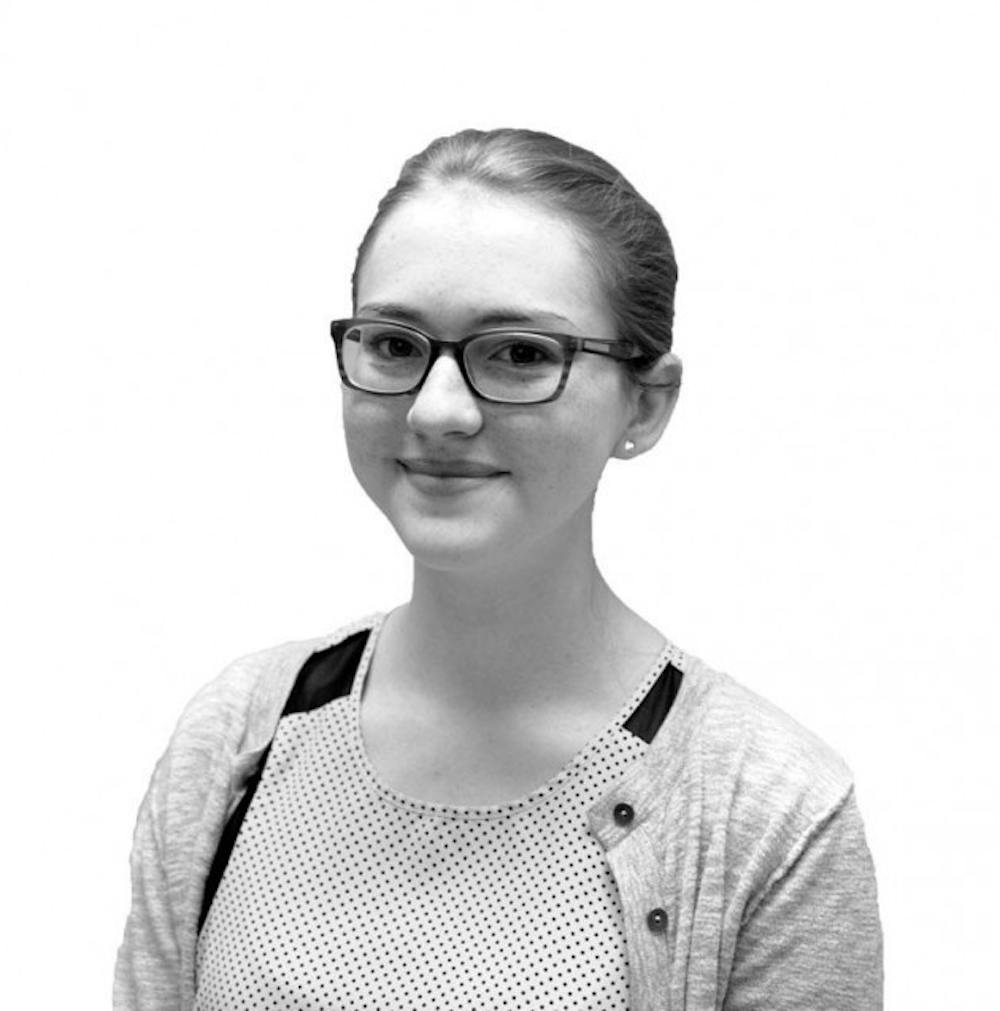I had my first pack of cigarettes at age 6. Granted, it was a plastic sleeve filled with sugar sticks that I bought from the soda and sweets shop down the block. Nonetheless, if it looks like a cig and held like a cig - well, you know the rest.
For a scrawny kid who liked playing pretend almost as much as she liked candy - so much so that I incurred long-term oral damage - the 50-cent cigarettes were my first real exposure to the tobacco industry. Every summer night that we walked to the town center, I would speed past the Double Chew and settle in, picking the newest box of candy cigarettes that were, ironically, under the real ones behind the counter.
The idea of a child being taught how to smoke and enjoy a cigarette before she's taught how to multiply is strange, and it is even stranger how "addicted" I was to them.
It's no wonder my parents eventually restricted me to peppermints.
But it begs the question - when do we become callous toward the dangers of smoking? After D.A.R.E. and health class and being quarantined from the candy section at the local magazine shop, at what point do we make the conscious decision to put our health at risk for a single puff?
This week, CVS Pharmacy seemed to make a conscious decision for us. The company came out saying it plans to eliminate tobacco products from its shelves by Oct. 1. The business expressed its dedication to community health in a statement that outlined the goals of educating and treating those who are struggling to finally quit their smoking habits.
It's an impressive goal, and for the UB college campus especially, it is another step toward a healthier student body and faculty. UB is just one of 1,182 completely "smoke free" campuses across the country, based on the American NonSmokers' Rights Foundation's 2014 report. It is among the few schools that are going to extra efforts to try to eliminate harmful smoke exposure to students and faculty.
But UB has not gone as far as ridding the campus of tobacco completely, like the 800 schools identified in the report that have successfully done so. With 443,000 people in America dying from smoking-related illnesses each year, based on a CNNreport, the campus can still improve.
There's more to the issue than accessibility.
Fast forward from my convenience store days, and like many people, I am constantly challenged and trying to avoid becoming just another statistic to add onto the projected 43.8 million people who are smokers in the United States today, according to a CNN report.
I, like so many other students, understand the physical and emotional side effects of smoking that changes lives, ruins them or does away with them all together.
I, like so many other students, have lost loved ones to a preventable disease at the hand of a stubby little piece of paper stuffed with tobacco and cyanide.
I, like so many other students, hated seeing the suffering of my family members, watching the sickly strangers on prime time anti-smoking commercials and hearing the rattling hack of a smoker nearby.
And I, like so many other students, somehow still believe in my youthful invincibility and can't help but notice cigarettes come in special flavors and maybe - just maybe - this one time smoking would be liberating. Just when you're in your 20s. Just to try it. Just to do everything your parents told you not to do.
It's a combination of product placement and society. It was seeing the cute camel when you were buying a gallon of milk as a kid. It's seeing Tumblr accounts, Instagrams and Pinterest feeds that highlight pretty people in pretty places with cigs in their hands. It's "so French." It's "so indie." It's so "everything that anyone could ever want" because it's a market and a profit for a price.
The new CVS policy is a good move for the UB community, and for all of the communities that house the drug store in their neighborhoods. But it won't be until we dismantle the image and ideology that exists among many college students about smoking that we will keep them off of the deadly, accessible drug.
That's a challenge that cannot be understated.
email: madelaine.britt@ubspectrum.com





